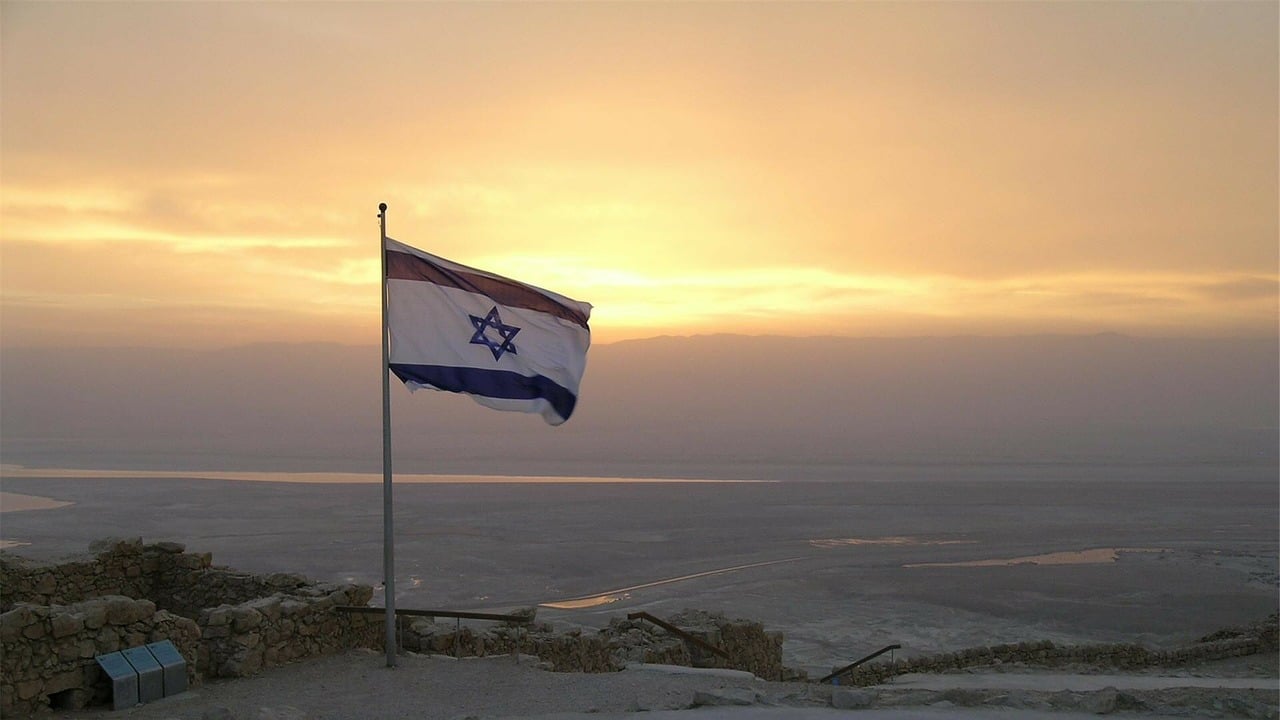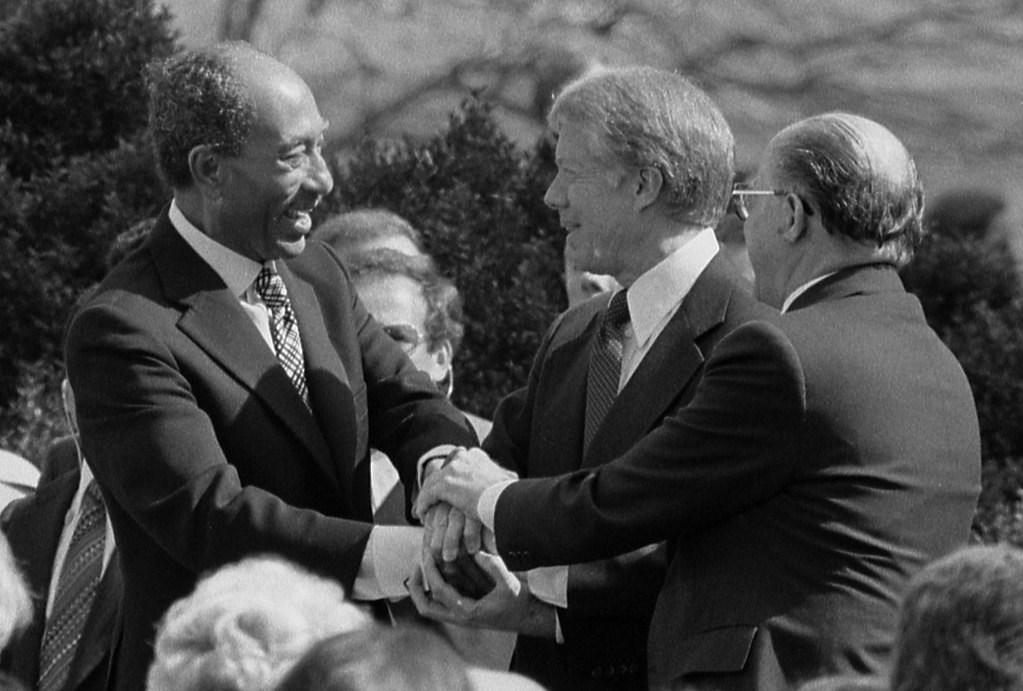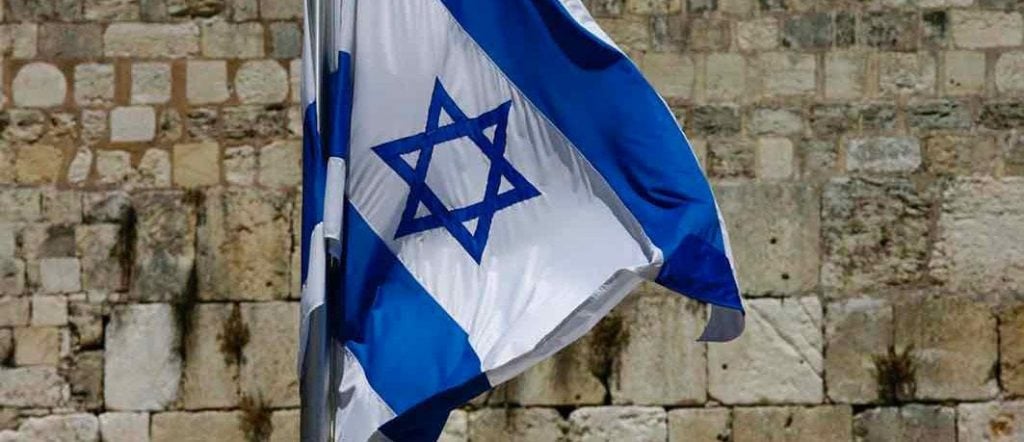
A momentous international summit took place this week in Israel’s southern Negev desert, bringing together the foreign ministers of Israel and its recent Abraham Accords partners – the UAE, Bahrain, and Morocco – along with its oldest ally in the region, Egypt.
It also just so happens to be the 43rd anniversary of the historic peace treaty between Israel and Egypt, which was signed on March 26, 1979. An unprecedented and almost unimaginable feat at the time, it was the first peace treaty and first establishment of diplomatic relations between Israel and an Arab state.

Egyptian President Anwar Sadat, US President Jimmy Carter, and Israeli Prime Minister Menachem Begin at the signing of the Egyptian-Israeli Peace Treaty
The peace treaty between Israel and Egypt came six years after the Yom Kippur War of 1973, which was devastating for both sides, and following decades of intense hostilities. An official state of war had existed between the two countries since Israel’s founding in 1948, and Israel had captured the Gaza Strip and Sinai Peninsula from Egypt in the 1967 Six-Day War.
The high costs of the Yom Kippur War, in terms of both human lives and morale for the Israeli and Egyptian sides, led the two to discuss peace in the coming years and seek out an agreement against engaging in future wars.
The Egyptian-Israeli peace treaty, while having a positive legacy today, was controversial for both parties at the time.
Some on the Israeli side didn’t trust the sincerity of the Egyptians, and disagreed with giving up Israel’s control of the Sinai – a sparsely populated area that served as a “buffer zone” for security purposes – and with dismantling and displacing the Israeli towns that had developed there over the previous decade.
The Egyptians, meanwhile, faced a great deal of backlash from the rest of the Arab world at the time, and particularly from Palestinians, who felt betrayed. Egyptian president Anwar Sadat who signed the treaty in fact paid for it with his life and was assassinated in 1981 by members of the fundamentalist Egyptian Islamic Jihad.
No other Arab country would make formal peace with Israel until Jordan established ties in 1994.

However, the Israel-Egypt peace treaty has stood, and has been greatly valued by Israelis and affirmed by every subsequent Egyptian regime. At the same time it’s been considered a “cold” peace for most of its history, characterized by not much more than security cooperation and formal, but not especially warm, diplomatic ties.
The region as a whole has warmed up to Israel in recent years, as we have seen with the establishment of diplomatic ties, security and business cooperation, and cultural exchange with other Middle Eastern and North African nations – the United Arab Emirates, Bahrain, Sudan, and Morocco. Relations with Egypt are also becoming warmer, with Egypt playing a key role in securing ceasefires between Israel and Hamas, and showing increased interest in working closely with Israel on economic, cultural, and tourism ventures.
Today’s Abraham Accords and growing cooperation in the region would not have been possible without the precedent of the Egypt-Israel peace treaty of 1979. It’s worthwhile to take a moment to celebrate this important piece of Israeli history and how far peace and friendly cooperation in the Middle East have come!
Celebrate Israel and its yearning for peace with our best Israeli-themed gifts and top Israeli Army products – or browse our entire collection here!
And check out our 74 Fun Facts About Israel blog post to commemorate Israel’s upcoming Independence Day and all the amazing things that make the Jewish state special!


Owned by JWG Ltd, maintains its offices and warehouse in Jerusalem, Israel. © 1999-2022 JWG Judaica and Dead Sea Cosmetics